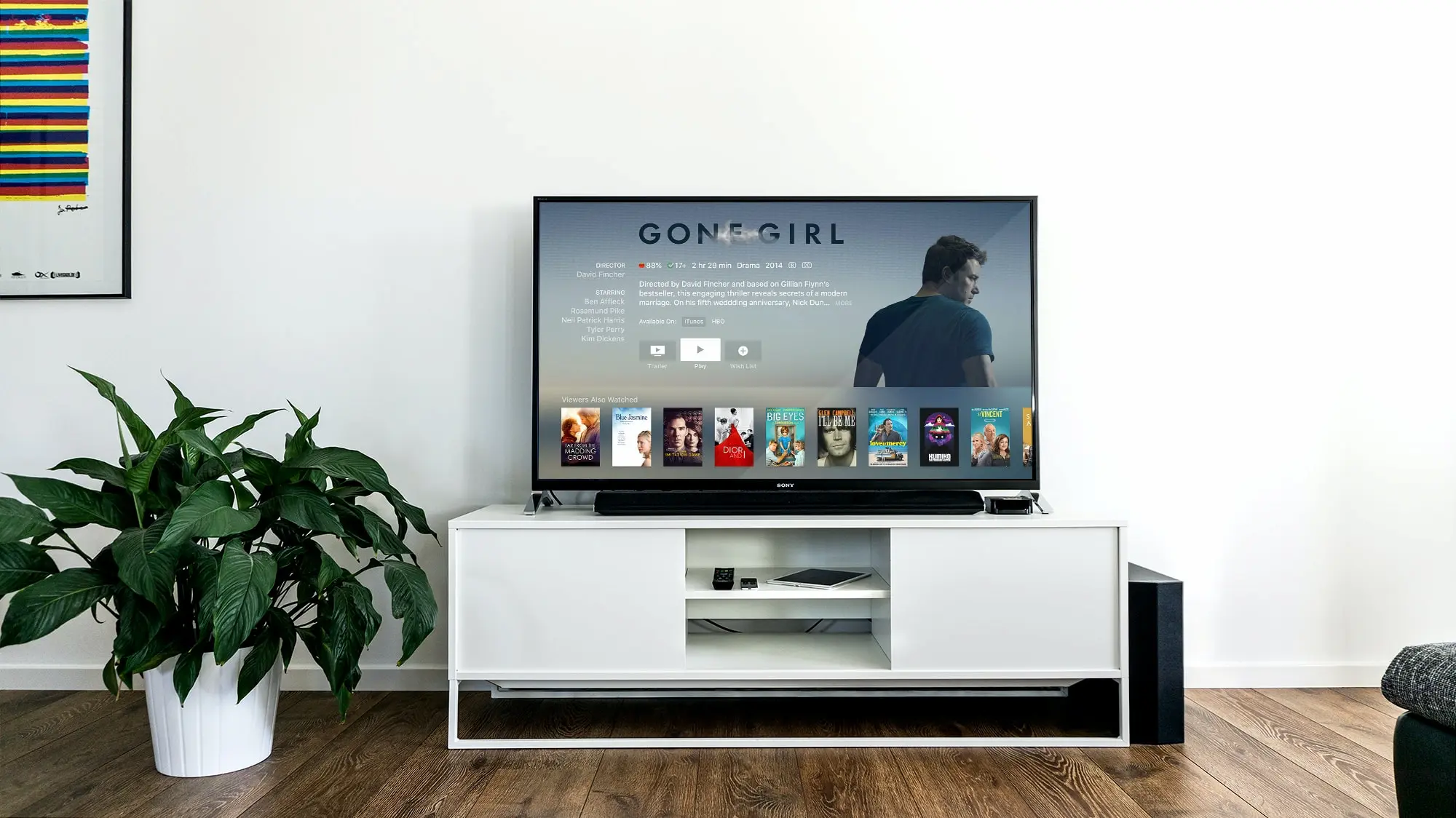The benefits of fiber internet are hard to ignore if you want a fast and reliable internet connection. Fiber internet uses thin glass or plastic strands to transmit data as pulses of light. This technology allows information to travel incredibly fast over long distances.
People often compare fiber vs cable internet when choosing a provider. Cable internet uses copper wires, which were originally designed for TV signals. Copper wires can slow down when more people in your area go online at the same time. Fiber internet avoids this slowdown by using a network that can handle much higher speeds.
In this guide, you will learn the top benefits of fiber optic internet in clear and simple terms. We will explain how it works, why it is faster, and how it can make your online life smoother. You will also see how it helps with gaming, streaming, remote work, and home security. By the end, you will understand why many households are switching to fiber and whether it is the right choice for you.
What is Fiber Internet and How It Works
Fiber internet uses fiber optic cables instead of copper wires. These cables contain many thin strands, each about the width of a human hair. The strands carry information as beams of light, which move much faster than the electrical signals used by copper.
The most advanced setup is called Fiber to the Home (FTTH). With FTTH, fiber cables run directly from the internet provider to your home. This gives you the full speed you pay for. Some services use a mix of fiber and copper, which is called a hybrid connection. Hybrid connections are faster than cable but slower than FTTH fiber.
Compared to cable internet, fiber has several key advantages:
-
Higher speeds – Many fiber plans offer gigabit speeds for both uploads and downloads.
-
More consistent performance – Speed does not drop much during busy hours.
-
Lower latency – Websites, games, and video calls respond more quickly.
Because fiber cables use light, they are less affected by distance. This means someone in a rural area with fiber internet can get the same quality connection as someone in a city. It also means fiber networks are more future-proof since they can be upgraded to handle even faster speeds in the future.

Benefits of Fiber Internet
Fiber internet has many advantages that make it stand out from cable and DSL connections. These benefits cover speed, reliability, security, and more. In this section, we will explore the most important fiber internet benefits so you can decide if it fits your needs.
Fast Speeds (Up to 10 Gbps)
One of the main benefits of fiber internet is the speed it can deliver. Many providers offer gigabit speeds, which means up to 1,000 megabits per second. Some, like Race Communications, offer speeds as high as 10 Gbps. That is ten times faster than a standard gigabit plan.
To put that into perspective:
-
You could download a full HD movie in seconds.
-
Large game updates would take minutes instead of hours.
-
Uploading massive files to the cloud would feel almost instant.
Fiber internet also has symmetrical speeds – your upload speed matches your download speed. With cable internet, upload speeds are often much slower than downloads (for example, 500 Mbps download/35 Mbps upload).
Fast symmetrical speeds make a noticeable difference in everyday activities:
- Video calls stay smooth, even if other people in your home are streaming or gaming at the same time.
- Files upload to the cloud quickly, which is helpful for work or school projects.
- Online games respond faster, giving you an edge in competitive play.
Cable and DSL connections can slow down when your neighbors use the internet heavily. Fiber internet handles busy times much better. You get the same high performance in the evening as you do in the morning. For households with multiple devices and users, this consistency is a major plus.
When comparing fiber vs cable internet, speed is one of the clearest wins for fiber. Whether you are streaming, gaming, working from home, or running a smart home, fiber speeds will keep up without breaking a sweat.
Rock-Solid Reliability
Another major benefit of fiber internet is how dependable it is. Its design makes it far less sensitive to weather changes, temperature swings, and electrical interference.
Cable and DSL networks rely on copper wires. Copper can lose signal quality over long distances. It is also more affected by storms, heat, and even nearby electrical equipment. This can cause slowdowns or brief outages. Fiber internet avoids most of these issues.
The most reliable type of setup is Fiber to the Home (FTTH). In an FTTH connection, the fiber line runs directly from the provider’s network to your home. There are no copper sections in between to slow things down. This way, you always get the speed you pay for.
Fiber networks also have more consistent performance during busy hours. In cable networks, many homes in the same area share parts of the connection. If many neighbors are streaming or gaming at once, your speed can drop. With fiber, the network can handle more traffic without a noticeable slowdown.
Reliable internet matters for more than just entertainment. It keeps video calls from dropping during important meetings. It lets you upload work files without errors. It helps smart home devices stay connected so your security cameras, thermostats, and lights work as intended.
If you are wondering is fiber internet good for people in rural areas, the answer is yes. Fiber’s performance does not drop much with distance, so even homes far from the provider can enjoy a strong and steady connection. That makes it a great choice for households in both cities and the countryside.
Low Latency for Real-Time Activities
Latency is the time it takes for information to travel from your device to the internet and back, measured in milliseconds (ms). The lower the latency, the faster the response.
Low latency is important for activities where every split second counts: online gaming, live streaming, and video calls. A lower latency means smoother gameplay, less lag in your streams, and fewer awkward pauses during conversations.
According to the Federal Communications Commission (FCC) report, fiber internet has an average latency of 8 to 13 ms. Cable internet has an average latency of 12 to 26 ms. That difference may sound small, but it can be noticeable. In gaming, for example, even a few milliseconds can mean winning or losing a match.
Here is how low latency makes a difference:
-
Gaming – Commands register faster, giving you a quicker reaction time.
-
Video calls – Conversations feel natural, without long delays.
-
Streaming – Live broadcasts start and run with fewer interruptions.
-
Smart home devices – Security cameras and sensors respond faster to commands.
When people compare fiber vs cable internet, latency is one of the less obvious benefits of fiber internet. Speed gets the headlines, but latency affects how smooth your online experience feels.
If you want quick responses in real-time activities, fiber internet will give you a noticeable advantage over cable.
Freedom from Limits
One of the most practical fiber internet benefits is the freedom it gives you. Many fiber providers offer plans with:
-
No data caps – Use as much internet as you want without paying extra fees.
-
No throttling – Your speed will not be slowed on purpose after heavy use.
-
No contracts – Avoid long-term commitments and Early Termination Fees.
Data caps limit how much you can download or upload each month. If you go over, you may face extra charges or slower speeds. Some providers, like Xfinity, have strict limits. Their plans often include a 1.2 TB cap. Go over that limit, and you can expect $10 charges per extra 50 GB.
Throttling happens when an internet provider slows your connection on purpose, often during busy hours or after high usage. Fiber networks handle heavy traffic better than cable, so throttling is much less likely.
No contracts mean you are not tied to a service for one or two years. This also means you can skip paying Early Termination Fees if you need to cancel. Cable contracts can cost $100 to break early. With many fiber internet plans, you can switch, upgrade, or stop service without those penalties.
When comparing fiber vs cable internet, the freedom from limits is a major win for fiber. It gives you peace of mind to stream, game, and work online without worrying about surprise fees or speed drops.

Enhanced Security
Another important benefit of fiber internet is better security for your data. Fiber networks can be harder to tap into than copper-based cable networks, making them less vulnerable to hacking or signal theft.
Many fiber internet providers also use built-in encryption. Encryption scrambles the information you send and receive, making it unreadable to anyone who might intercept it. This adds a layer of privacy that is especially valuable if you work from home, run a business, or handle sensitive information.
With Fiber to the Home (FTTH) service, your connection is a direct link from your provider to your home. This dedicated line reduces the number of points where your data could be intercepted. It is not shared in the same way as cable connections, which often split bandwidth between multiple houses in a neighborhood.
Here is why enhanced security matters:
-
Work from home – Keeps company files and communications private.
-
Online shopping – Protects payment and personal details.
-
Smart home devices – Helps secure connected cameras, locks, and sensors.
While no internet connection is completely immune to threats, fiber technology gives you a stronger starting point for protecting your privacy. When people ask is fiber internet good for security, the answer is yes — it offers both speed and a safer way to send and receive data.
Adds Value to Your Home
One of the lesser-known benefits of fiber internet is that it can make your home more valuable. According to the Fiber Broadband Association, fiber internet increases home value by an average of 4.9%. In some cases, that boost is similar to adding a fireplace or an extra bathroom.
Buyers today see fast, reliable internet as a basic need, especially with more people working from home and streaming entertainment. A property with fiber internet stands out in real estate listings. It can sell faster and for more money compared to a similar home without fiber service.
Here is why fiber internet appeals to homebuyers:
-
Better for remote work – Smooth video calls and fast file uploads.
-
Great for entertainment – Buffer-free streaming and gaming.
-
Smart home ready – Supports connected devices like cameras, lights, and thermostats.
When someone is choosing between two homes, the one with fiber internet will often feel like the better long-term choice.

Ready for the Future
A big benefit of fiber optic internet is that it is built for the future. Fiber lines can handle much more data than copper cables. This means they can support faster speeds and more devices as technology advances.
Most homes today have more connected devices than ever before. Laptops, phones, TVs, tablets, and gaming consoles all use bandwidth. Many homes also have smart home products like cameras, lights, and thermostats. Fiber internet makes it possible to run all these devices at once without slowdowns.
The demand for speed and stability will only grow. New technology like 8K streaming, cloud gaming, and virtual reality needs a strong connection. Fiber internet already supports these demanding uses and can be upgraded to even faster speeds in the future.
Fiber to the Home (FTTH) connections are especially future-proof. Because the fiber line runs directly to your home, upgrades often require only changes to the equipment at each end — not the cable itself.
Here is how fiber prepares you for what is next:
-
Supports next-gen streaming – Handles 4K, 8K, and future video formats without buffering.
-
Keeps up with gaming – Ready for cloud gaming and large game file downloads.
-
Expands with your needs – Easily handles more devices as your household grows.
-
Works for new tech – Prepared for virtual reality, telehealth, and remote learning.
If you want an internet connection that will still feel fast and reliable five or ten years from now, fiber internet is one of the best investments you can make today.
Final Thoughts on the Benefits of Fiber Internet
The benefits of fiber internet go far beyond just speed. From reliable connections and low latency to stronger security and future-ready technology, fiber delivers an experience that cable and DSL often cannot match. It even adds value to your home, making it a smart choice both for your daily life and your property investment.
If you are convinced of the benefits of fiber optic internet, now is a great time to make the switch. With Race Communications, you get:
-
Symmetrical speeds up to 10 Gbps
-
No contracts or early termination fees
-
No data caps and no throttling
-
Rock-solid reliability with Fiber to the Home
-
Enhanced security with encryption and a direct connection
-
Local customer support from people who know your area
Don’t settle for slow speeds, limits, or unreliable connections. Check your address today to see if fiber internet is available where you live and start enjoying a better online experience.

